“Working Like a Robot”
Abuse of Tanzanian Domestic Workers in Oman and the United Arab Emirates

Women around the world are disproportionately impacted by gender-based violence including sexual harassment and assault at work. Millions of female workers are forced to work in an intimidating, hostile or humiliating environment, and experience various unwelcome forms of sexual conduct. Women are asked for sexual favors, exposed to inappropriate jokes, insinuations, and comments, and unwanted physical contact that can amount to assault. Despite its massive scale, sexual harassment at work remains under-reported because of fear of disbelief, blame, social or professional retaliation, retaliatory civil or criminal charges, or loss of legal residency status.
After years of advocacy and negotiations, in June 2019, the government, employer, and worker members of the International Labour Organization (ILO) adopted a groundbreaking treaty known as the Violence and Harassment Convention (C190). The treaty is the first to set international legal standards for preventing and responding to violence and harassment in the world of work. In June 2021, C190 went into legal effect under international law.
December 20, 2024
Abuse of Tanzanian Domestic Workers in Oman and the United Arab Emirates



How Lebanon’s Residency Rules Facilitate Abuse of Syrian Refugees
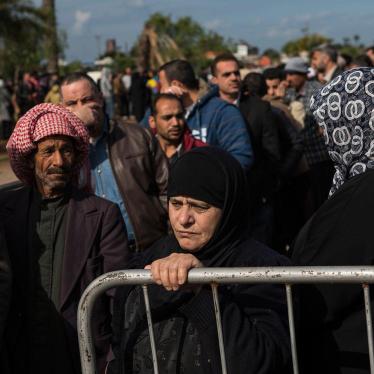
Fifth Anniversary of ILO Convention on Violence and Harassment

Spotlighting Courageous Advocates During the 16 Days of Activism
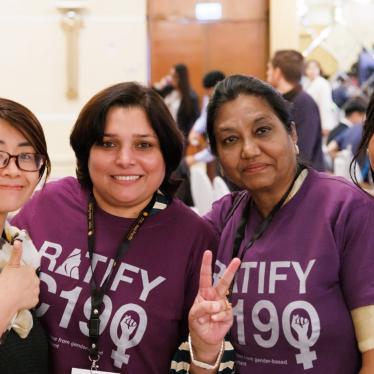
ILO Treaty Is Key to Protecting All Workers, Including in Informal Sector
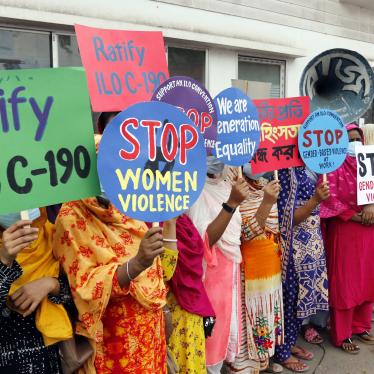
Decision Encourages Ratification, EU States Should Ratify Treaty Promptly
Ratification Sets Stage to Tackle Harassment, Violence at Work
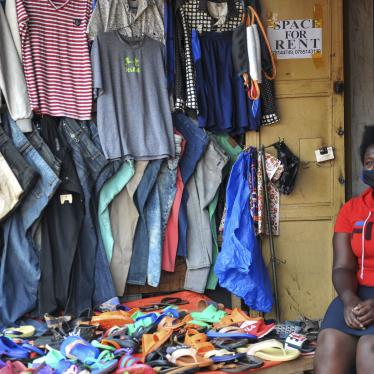
The Government Should Now Adopt Reforms that Make Work a Safe Place for All
This International Workers Day, Governments Should #RatifyC190
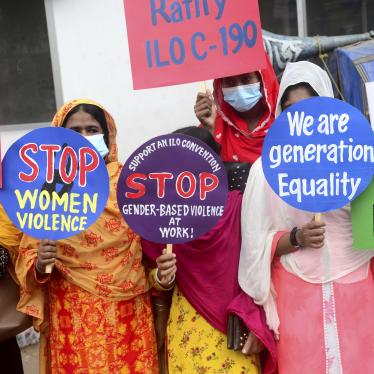
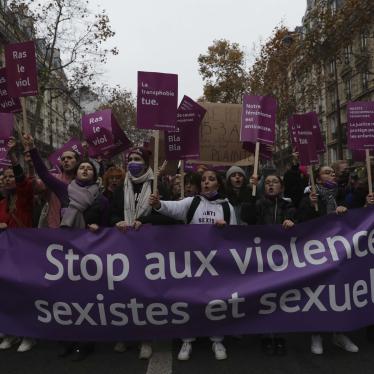
Enforcement Crucial, Broader Reforms Needed
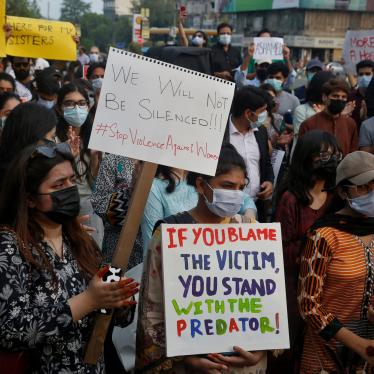
National Assembly Passes Law to Ratify ILO Violence and Harassment Convention